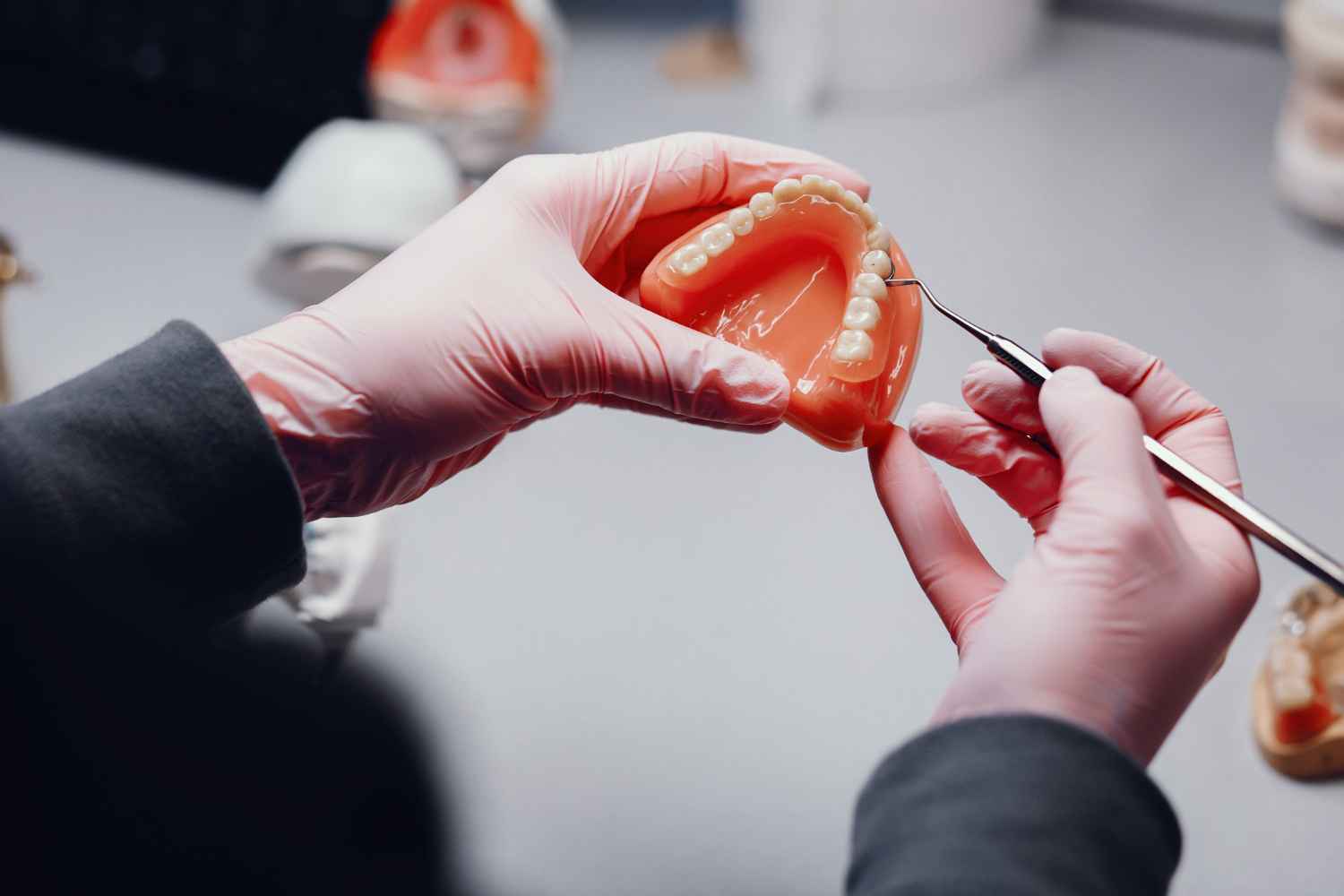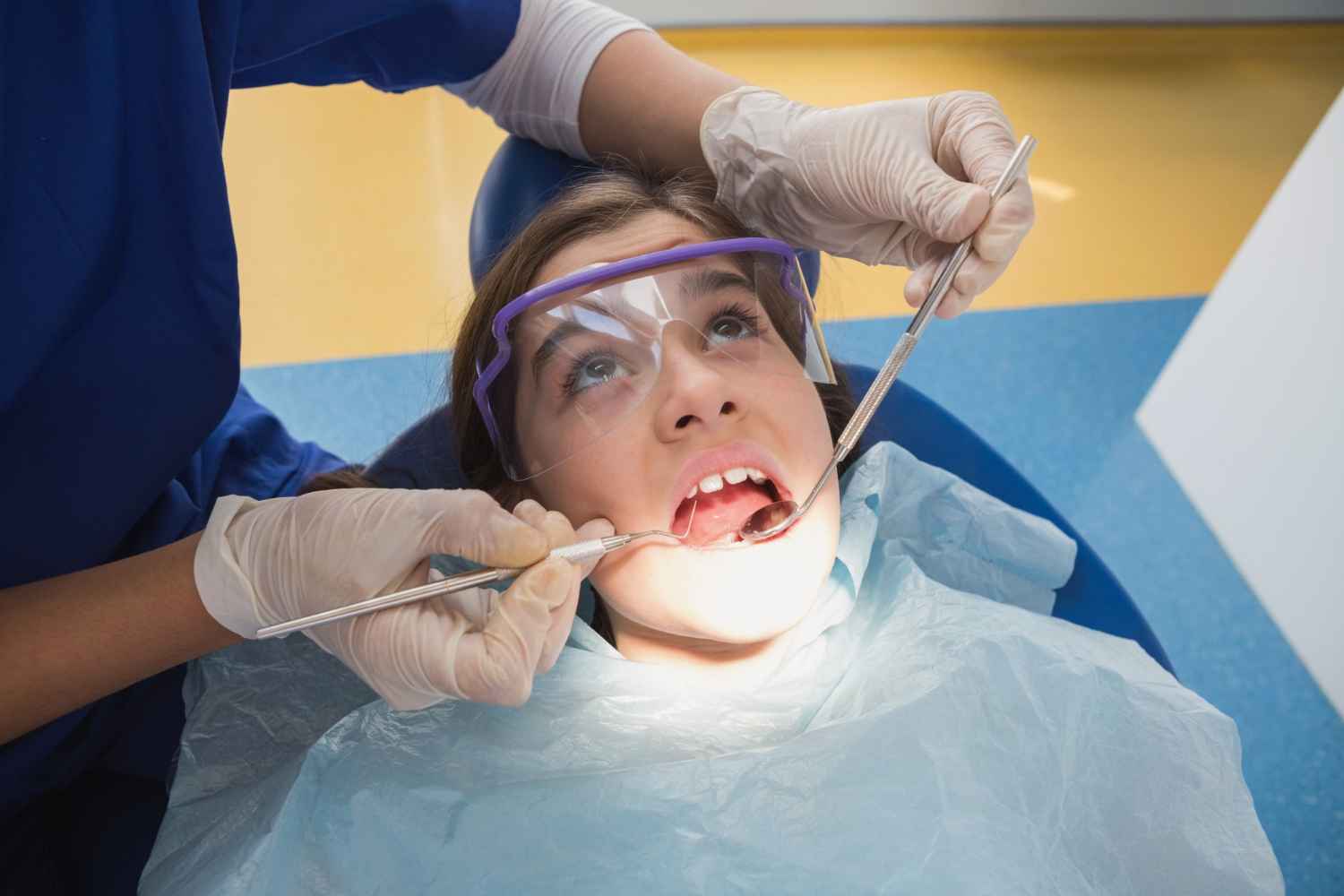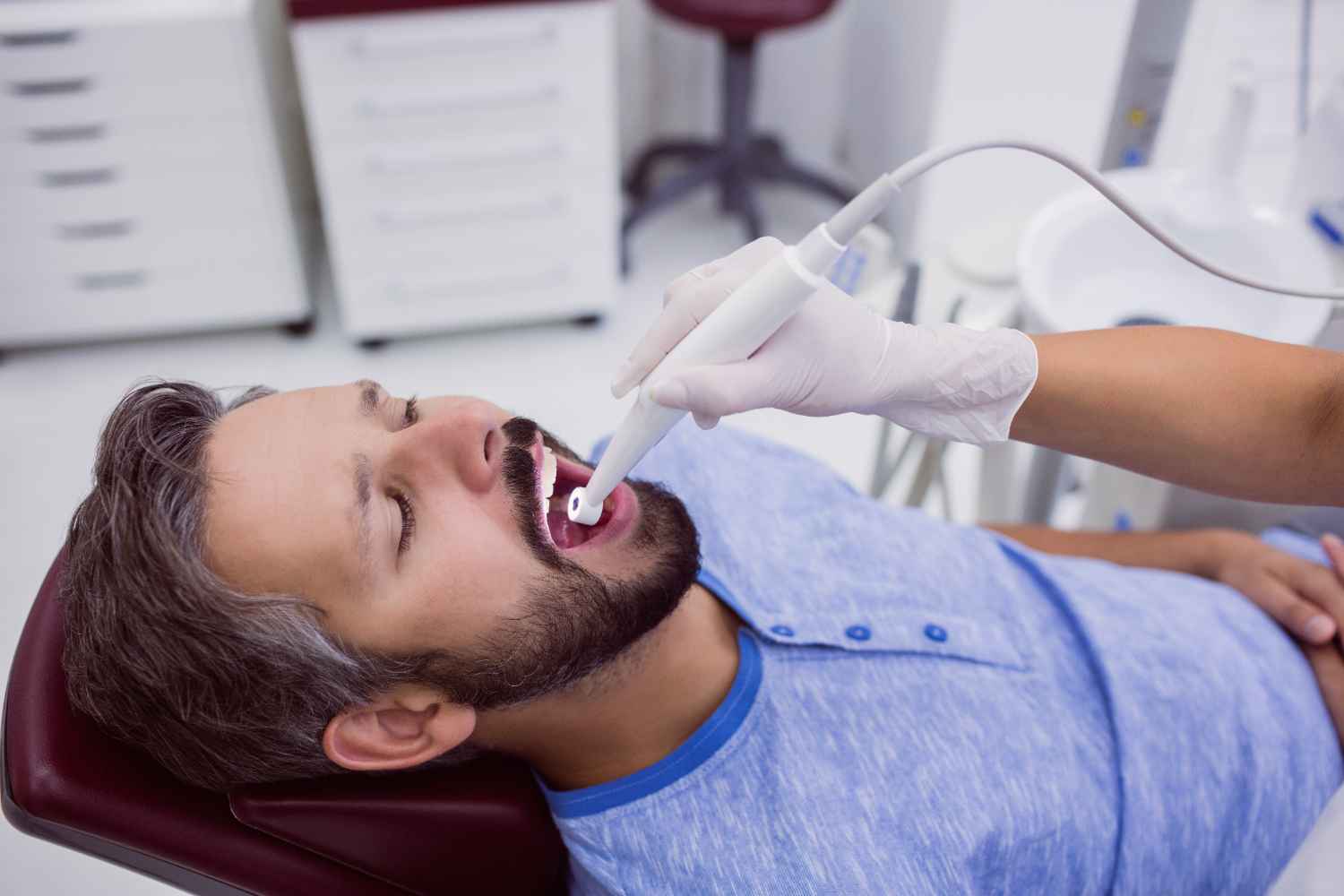Losing a tooth can be a real confidence buster. But don’t worry; modern dentistry offers several options for replacing missing teeth that look natural and help to keep your mouth healthy. You can regain a bright, complete smile whether you have lost a tooth, suffered an injury, decay, or gum disease.
Let’s break down some different ways to protect and regain your bright smile in the future.
Why Tooth Replacement Matters
When a tooth is lost, it’s more than a cosmetic issue. Missing teeth can affect a person’s ability of chewing, speaking, and even the health of surrounding teeth. The empty spaces can cause the neighbouring teeth to shift, potentially leading to jaw issues and further tooth loss. The replacement of missing teeth can help you have a symmetrical smile that looks great.
Factors That Cause Tooth Loss
The following are the factors that cause teeth loss:
- Tooth decaying
- Gum & Periodontal Disease
- Regular Smoking
- Being Diabetic
- High Blood Pressure Problem
- Oral Trauma

Tooth Replacement Options
There are various ways of replacing missing teeth, from permanent solutions to temporary options. Here are the most common ones:
Dental Implants: Dental implants are titanium posts that are placed in the jawbone during a surgery, acting as the roots of replaced teeth. After they heal, a crown, a tooth-shaped cap, is attached to the post to restore the look of natural teeth.
Pros:
- It looks and feels very natural.
- Long-lasting and durable, often a lifetime solution.
- Helps maintain jawbone density, which can prevent bone loss.
Cons:
- Requires a surgical procedure.
- The cost can be higher than the other options.
- Healing time is needed before placing the crown.
Dental Bridges: A bridge has two or more than two crowns on both sides of a gap, a false tooth, or teeth present in between. Natural teeth or implants typically support it. It is ideal for people who prefer a nonsurgical option or may not have enough bone structure for an implant.
Pros:
- No surgery is required in most cases.
- Less expensive than implants.
- Fairly quick solution.
Cons:
- It does not stop bone loss in the jaw under the missing tooth.
- Relies on side teeth, which may need reshaping.
Dentures: Dentures are removable structures that replace missing teeth, such as partial or entire arch full dentures. They are customised and can be taken out for cleaning and then put inside mouth again. They are ideal for those needing budget-friendly solutions and multiple teeth treatment.
Pros:
- Affordable compared to implants and bridges.
- Non-invasive and no surgery required
- It can be used for partial and full teeth replacement.
Cons:
- It may feel less stable than implants and bridges.
- It requires adjustment as the shape of the gums changes.
- Needs daily removal and cleaning.
Veneers: Veneers are ultra-thin shells that are specifically designed to cover the teeth’s front side. They improve your smile by rectifying various imperfections, giving you a polished, perfect and natural appearance.
Pros:
- Ideal for teeth resistant to whitening treatments.
- Restores original shape and smoothness of teeth.
- Perfect for creating a symmetrical smile.
Cons:
- They do not last longer as compared to bridges and dental crowns.
- It is comparatively more expensive than implants and dental crowns.

How to Take Care of Replacemed Teeth?
Keeping your replaced teeth in good condition is crucial. Here are some helpful tips to prevent any problems or damage:
For Implants: Daily tooth brushing and regular dental checks prevent damage and gum infections. Good hygiene can also prevent oral issues, such as gum disease, which is especially important for implants.
For Bridges: Clean under the bridge daily with floss or water flosser to prevent plaque and build-up.
For Dentures: Clean them daily and soak them in the denture solution. Avoid letting them dry out or leaving them in, as this can irritate your gum.
Preventing Tooth Loss in the Future
While accidents happen, there are several steps you can follow to save your natural teeth and avoid the need for replacement in the future.
Brush Twice a Day: Use fluoride toothpaste and a brush with soft bristles to clean all surfaces of your teeth.
Floss Daily: This helps in the removal of plaque and other food leftovers from teeth where brush can’t reach.
Avoid Sugary Foods and Drinks: Acidic and sugary foods can erode enamel, leading to decay and potential tooth loss.
Wear a Mouthguard: If you play sports and are habitual of grinding your teeth at night, you should use a custom mouthguard for protection against injuries and wear.
Regular Dental Checkups: Visiting the dentist regularly for cleaning can help identify problems early before they lead to loss of teeth.
Consider Mouthwash: Using mouthwash can prevent plaque and cavities, which can save you from tooth loss in the future.

Final Thoughts: Your Smile, Your Choice
Each tooth loss treatment has its benefits and challenges. The best choice depends on your budget, lifestyle, and tooth replacement needs. Implants are a great permanent fix, bridges work well as a middle-ground option, and dentures provide a reliable choice for those who need multiple teeth replaced. Talk to your dentist to get the best fit for your smile, and remember to take care of your replaced teeth as you take care of your natural teeth. You deserve to be complete and healthy, so don’t hesitate to step towards a tooth replacement option that makes you feel confident.
